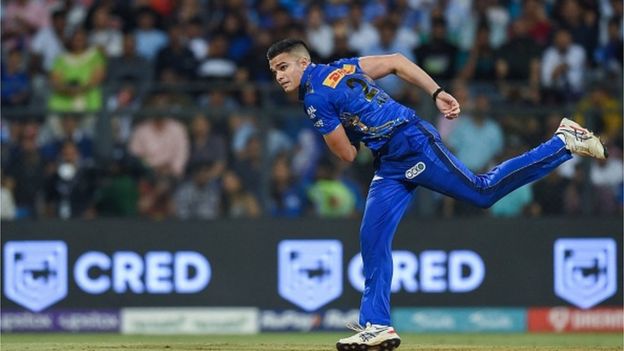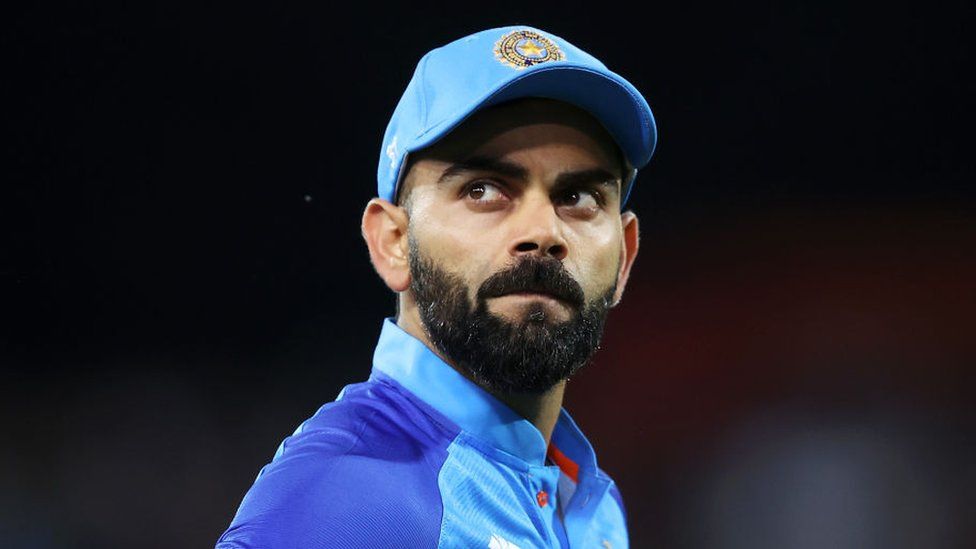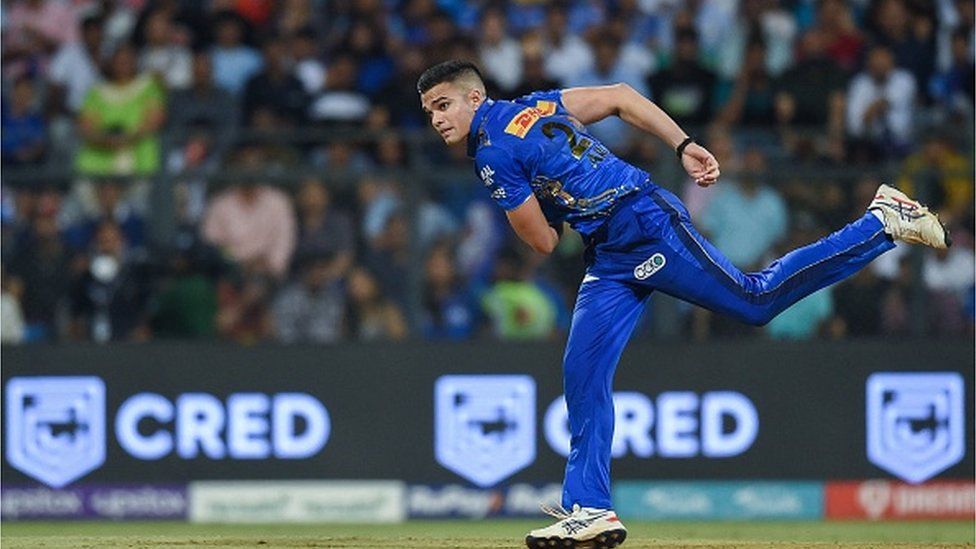
After Arjun Tendulkar made a sedate Indian Premier League (IPL) debut last month, many cricket fans have compared him with his father and cricket legend, Sachin Tendulkar, and cast doubts on his skills. Suresh Menon writes on why such comparisons are unfair to the young pace bowler.
Few players have had the spotlight trained on them in the IPL to the extent Arjun Tendulkar has.
This was inevitable, given his surname. It takes a particularly brave son to follow in the footsteps of a father widely considered to be the best in the field. Of Mozart’s two adult sons, both gifted pianists, one chose to become an accountant and translator, while the other was a composer and teacher. They didn’t have to deal with social media trolling if they got something wrong.
Arjun isn’t so lucky. When he gave away 31 runs in an over against Punjab Kings, the word “nepotism” figured in many reactions. When he bowled an excellent final over against Sunrisers Hyderabad, conceding just five runs while defending 20, there were fewer responses. To paraphrase Mark Anthony, the terrible lives on, the good is often forgotten.
At 23, the left-arm medium pacer might not be the fastest or most exciting bowler to appear on the national scene. At 130 kmph, his speed is not guaranteed to hurry batsmen used to the pace of Anrich Nortje or Jofra Archer.
But he still deserves to be left alone to grow at his own pace, in his own time.
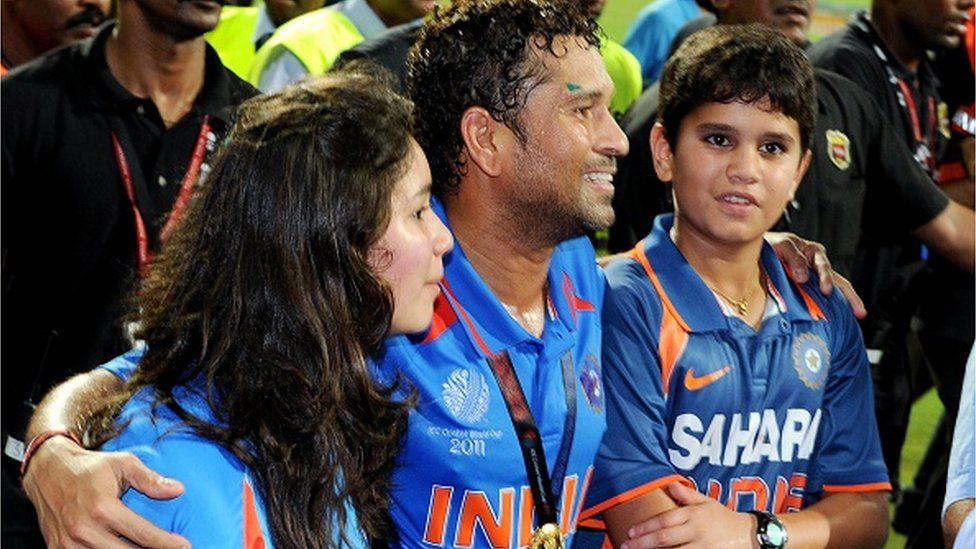
Arjun’s father Sachin was good enough to play for the country at 16 and was recognised as the best batsman in the world at 19. He finished with more matches, more runs and more centuries than anybody else. That is not an easy legacy to live up to.
It is instructive to remember that Don Bradman’s son changed his name to Bradsen for years – and he wasn’t even a cricketer. To follow your father into the so-called family business is both a blessing and a curse. It opens doors initially, but thereafter the younger man has to live with inflated expectations. Can you be Arjun Tendulkar and hope to escape this?
He began dramatically enough. Last December, playing for Goa, he started his first-class career with a century. This year in the IPL, after being in the dugout for two years, he nearly claimed a wicket in his first over.
He knows that every success will be greeted by renewed hyperbole in the media and every failure by exaggerated criticism. Every father secretly (or otherwise) hopes that his son overtakes him, does better than him, but few actually do in sport.
Ron Headley, son of George Headley (often called the Black Bradman), played two Tests for the West Indies. But he appeared mostly for England, where his son Dean was born, and went on to play 15 Tests for the country. Two generations found the surname hard to live up to.
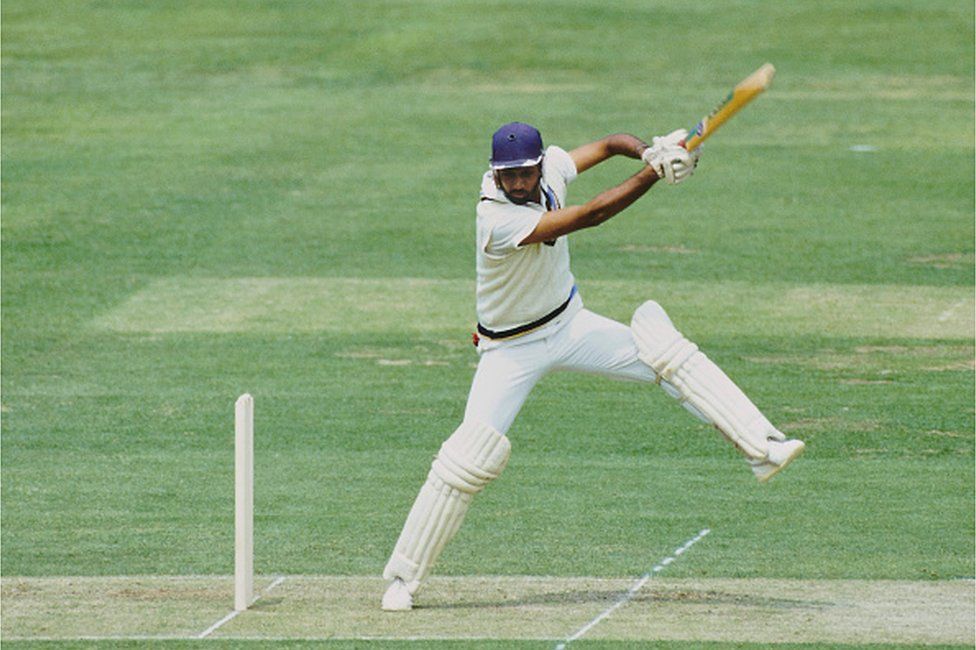
In India, the senior Nawab of Pataudi, Iftikhar Ali Khan, played for both England and India; his son Mansoor Ali Khan Pataudi is widely considered one of the finest captains in the game. When I once asked the younger Pataudi to compare himself with his father, he said, “He may have been the better batsman, but I was the better fielder.”
The Amarnaths – Lala and his sons Surinder and Mohinder – all played for India, the last-named being the most successful.
Against the fastest bowling in the world – Imran Khan in Pakistan (who claimed 40 wickets) and Malcolm Marshall, Michael Holding, Andy Roberts and Joel Garner in the West Indies – Mohinder made 1,182 runs in 11 Tests in a single season, with five hundreds and seven fifties, at an average of 62. His father never approached those figures but was seen as a fierce player and possibly a better all-rounder.
The surname curse (if one can call it that) also affected Rohan Gavaskar, son of the great Sunil, who carried Indian batting on his shoulders for a decade and a half.
Rohan, a left-hand batter who played first-class cricket for Bengal, finished with 11 one-day internationals for India as a more attacking batter than his father.
In recent years, the most interesting father-son combination has been the Chanderpauls of the West Indies: Shivnarine, who took 11,867 Test runs in 164 Tests, and son Tagenarine who has played just six Tests as opener but has a double century to show for it.
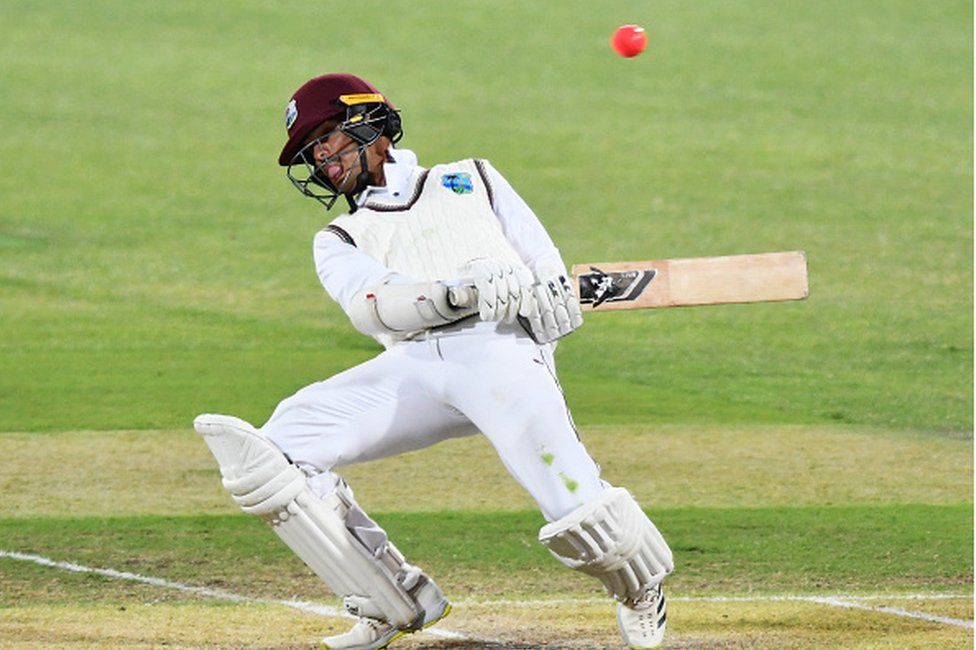
Father and son, who both have unconventional batting stances, played 11 first-class matches together for Guyana, the younger man making 42 and 29 on debut in the match where his father made 8 and 108.
Tagenarine, 26, might have been speaking for all sons of famous fathers when he said in an interview, “My dad is a totally different person from me. I can only do what I can do. I’ve got to try and be myself and I can’t be him…”
Arjun Tendulkar can only do what he can do. To demand anything else is foolish of fans and unfair to him.
Sports writer Suresh Menon has written books on Sachin Tendulkar and Bishan Bedi.
BBC News India is now on YouTube. Click here to subscribe and watch our documentaries, explainers and features.

Read more India stories from the BBC:

-
-
17 January 2022
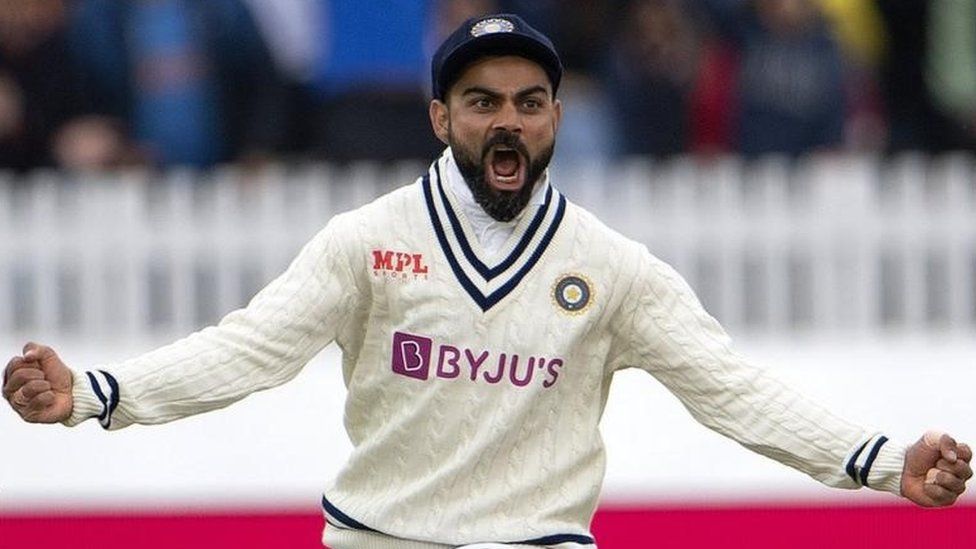
-

